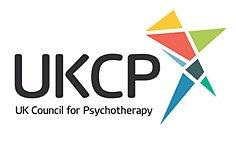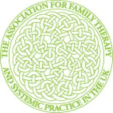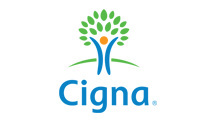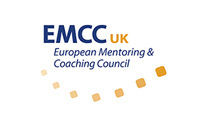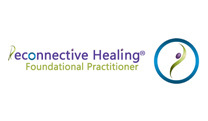As I write, it’s the one-year anniversary of the first UK lockdown. On 16th March 2020, the UK shut down in an attempt to “flatten the curve” of the pandemic.
The country pulled together, made the necessary sacrifices, and the curve did indeed flatten, only to soar up again during the second surge. We did our best, and apparently, our best wasn’t enough.

Image by Beatrice Vrech – age 12
One year later, without debating the political misjudgements that contributed to the crisis, we’re all still locked down and clinging to the dim hope that things are returning to normal.
It’s been more than challenging for the NHS, for the families of those who have lost loved ones, for people separated from their friends, and particularly for those living alone or experiencing loneliness.
Given that it may be several more months, if not longer until the country returns to some species of normality, how do we cope with the isolation and boredom we’re all experiencing? Here are some thoughts on what might help.
Surveys find that 40% of people have reported symptoms of anxiety and depression during the Covid pandemic, a third of doctors have asked for mental health support, and, according to Mind organisation, over two-thirds of young people said that their mental health has got worse during the lockdown restrictions.
Reach Out
If you’re hearing the Four Tops song lyrics implied by that subtitle, they say it rather well.
I’ll be there, with a love that will see you through (Songwriters: Holland/Dozier/Holland)
If you haven’t had that Zoom get-together or WhatsApp video call, or simple phone conversation with a friend or family member, now is the perfect time to reconnect. It’s no surprise that Zoom experienced a 3000% increase in usage between December 2019 and April 2020, with people desperate to see the faces of loved ones.
We all need someone to talk to, and “social isolation” need not necessitate that we all become hermits living under a vow of silence.
Those slices of communication, however, compromised, have become a huge contributor to well-being.
For your own reflective and supportive space, you might consider seeking the benefits of counselling, the talking therapy service with experienced counsellors and psychotherapists provided by the Leone Centre. We’re here to work with you, listen with patience, understanding and insight.
Let the Sunshine In
Yes, it’s another song lyric. The Hair Showstopper has a simple message, but it’s a scientifically valid one.
Sunlight provides two vital components for physical and mental health. First, it helps your body synthesise Vitamin D, which boosts your immune system and helps regulate calcium and phosphate levels, promoting good bone, tooth, and muscular health.

Secondly, sunshine produces a brain hormone called serotonin, which improves mood and can promote calmness and mental clarity. Seasonal reductions in serotonin production due to reduced sunlight exposure have been linked to Seasonal Affective Disorder and Depression.
Anecdotally, of course, we all know how happiness-inducing a sunlit walk can be. Since even current lockdown regulations permit outdoor exercise with a friend or family member, we should all take advantage of this limited opportunity to seize a little freedom.
If you are alone in a location that isn’t too crowded, consider taking your mask off too. Outdoor transmission of the virus is believed to be significantly reduced (less than 10% as effective as indoor transmission). As ever, common sense should be applied, and each person needs to assess their own level of acceptable risk.
Swap Social Media for Reading or Listening
This may seem counter-intuitive, but social media apps like Instagram, Facebook, TikTok and Twitter can actually increase levels of loneliness and isolation. Teenagers, in particular, are vulnerable to the divisiveness inherent in these media. A recent University of Pittsburgh study found teenage frequent social media users were more than three times as likely to experience perceived social isolation than their light social media-using peers.
Even adults can be radicalised or politically siloed by overexposure to social media. This is because, as the sensational Netflix documentary The Social Dilemma made clear, the algorithms that drive profit for the social media giants work by pushing ever-more engaging content to platform users. And by engaging, they often mean enraging.
As Social Dilemma creator and Centre for Humane Technology founder Tristan Harris noted, “Technology steers what 2 billion people are thinking and believing every day. It’s possibly the largest source of influence over 2 billion people’s thoughts that has ever been created.”
An easy fix is to swap some of this dangerous visual overstimulation for listening or reading. There are thousands of fascinating podcasts and literally millions of audiobooks to listen to, and of course, you can use this period of enforced isolation to reconnect with some of your favourite authors or discover new ones with your e-reader or good old-fashioned paper books.
It’s no surprise that Spotify’s ailing revenues were given a boost by a doubling of podcast listening by June 2020, even before they signed their historic $150 million deal with podcasting legend Joe Rogan. Podcasting is the new FM radio, and you can find podcasts on any topic under the sun that you find diverting.
Talk to a Friendly Voice
As well as your Zoom meet-ups and phone calls, why not carve out a little me time to talk to a professional about any loneliness or depression you may be feeling as a result of enforced isolation?
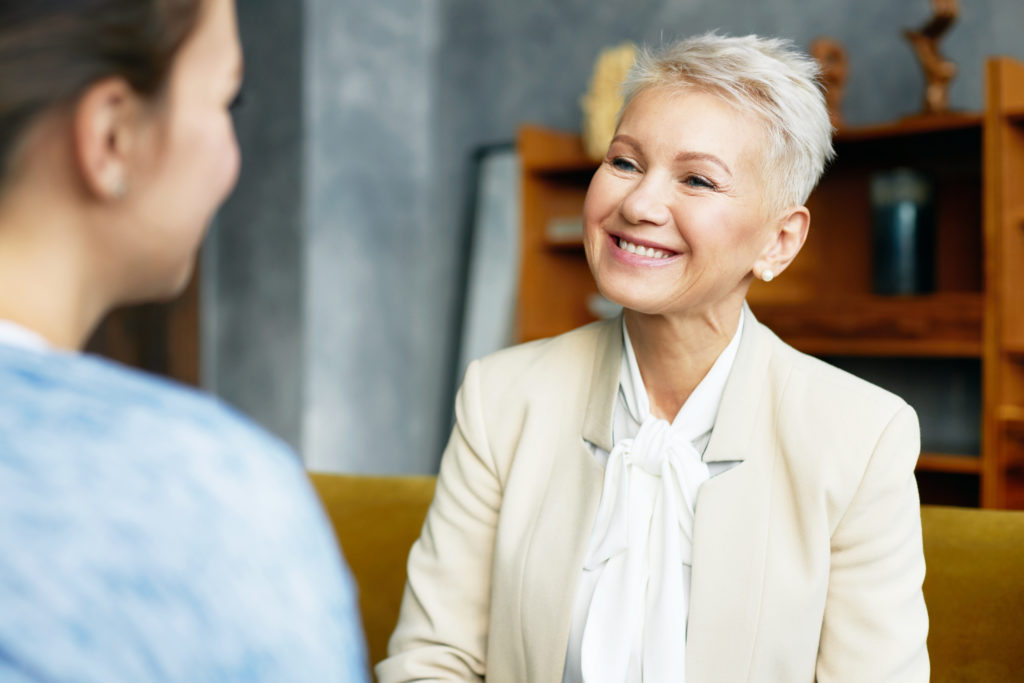
At Leone Centre, we offer individual, marriage and couples counselling remotely and (when lockdowns permit) face-to-face. Our individual counselling and psychotherapy provide a safe space to open up and gain greater insight into what you’re experiencing. We’ll also explore the steps that might prove most beneficial, helping alleviate any negative states of mind.
The Loneliness Pandemic
Loneliness is fast becoming a global crisis in its own right. In Noreena Hertz’s seminal book The Lonely Century, published in 2020, she describes how the rise of “me first” neoliberalism creates an environment not conducive to connection:
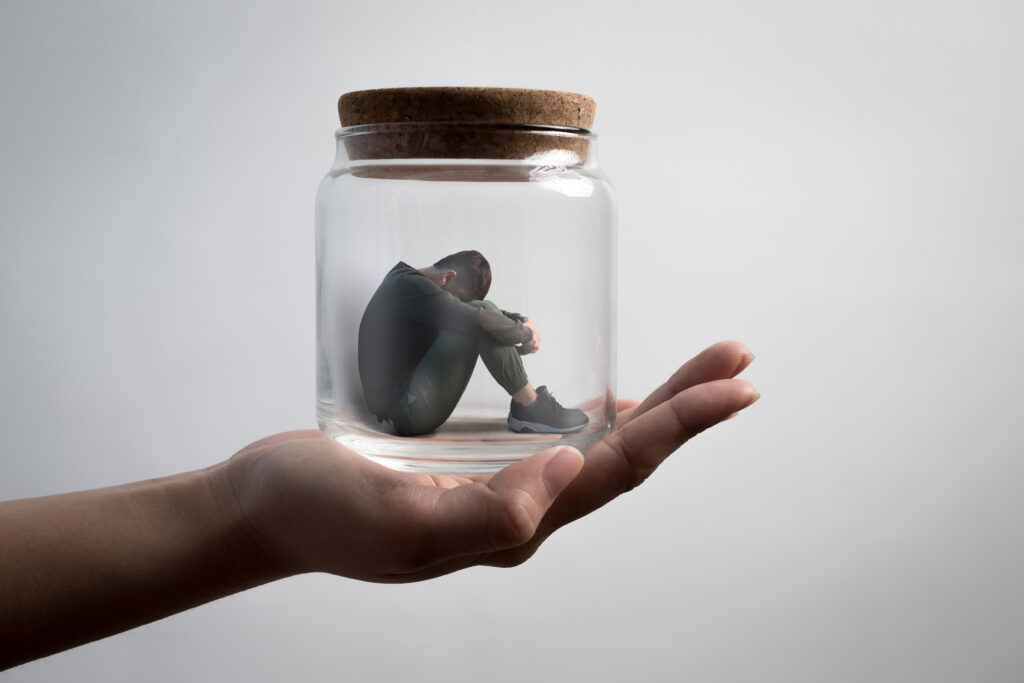
“[Neoliberalism] also fast becomes a self-perpetuating cycle. This is because in order not to feel lonely, we need to give as well as take care as well as be cared for, be kind to each other and respectful of those around us, as well as be treated as such ourselves.”
Our final tip, therefore, is to find ways to be kind to others, to provide whatever help you can to those around you in need. Whether this is in the form of getting the shopping in for an isolated neighbour or engaging in regular, organised volunteering doesn’t essentially matter.
The beneficial effects of reciprocity and kindness have long been noted.
First, of course, you need to be kind to yourself. If you aren’t working through that to-do list, if you’re not exercising as much as you’d like to, and if you haven’t used the extra time saved by not commuting to work to learn the guitar, that’s okay. This is an exceptionally unusual time, and we need to forgive ourselves for not performing as well as we might in everyday life.
When you feel isolated, remember that many millions of us, to differing extents, are experiencing similar privations and crises. This will pass, so be kind to yourself and do reach out to others, including professional counsellors, for the support you need.
- About the Author
- Latest Posts
Co-founder and director of Leone Centre, 20+ years of experience in supporting people, and offering valuable knowledge through Couples Counselling and Individual Counselling. Before becoming a therapist, I worked in the financial sector.
Talk with a Leone Centre Professional
If you do feel like you need some help and support, our Leone Centre professionals are available 7 days a week. Call us on 020 3930 1007. We can also provide fast track therapy.
We can offer in-person counselling in London appointments at our head office in Fulham and our offices in Kensington, Wimbledon and Belgravia, We also service Victoria, Putney, Chelsea, Knightsbridge, Mayfair, and City of London.
In addition, we offer Online Therapy appointments wherever in the world you are located, should this better fit around your existing commitments or if you are not able to attend an in-person appointment.




